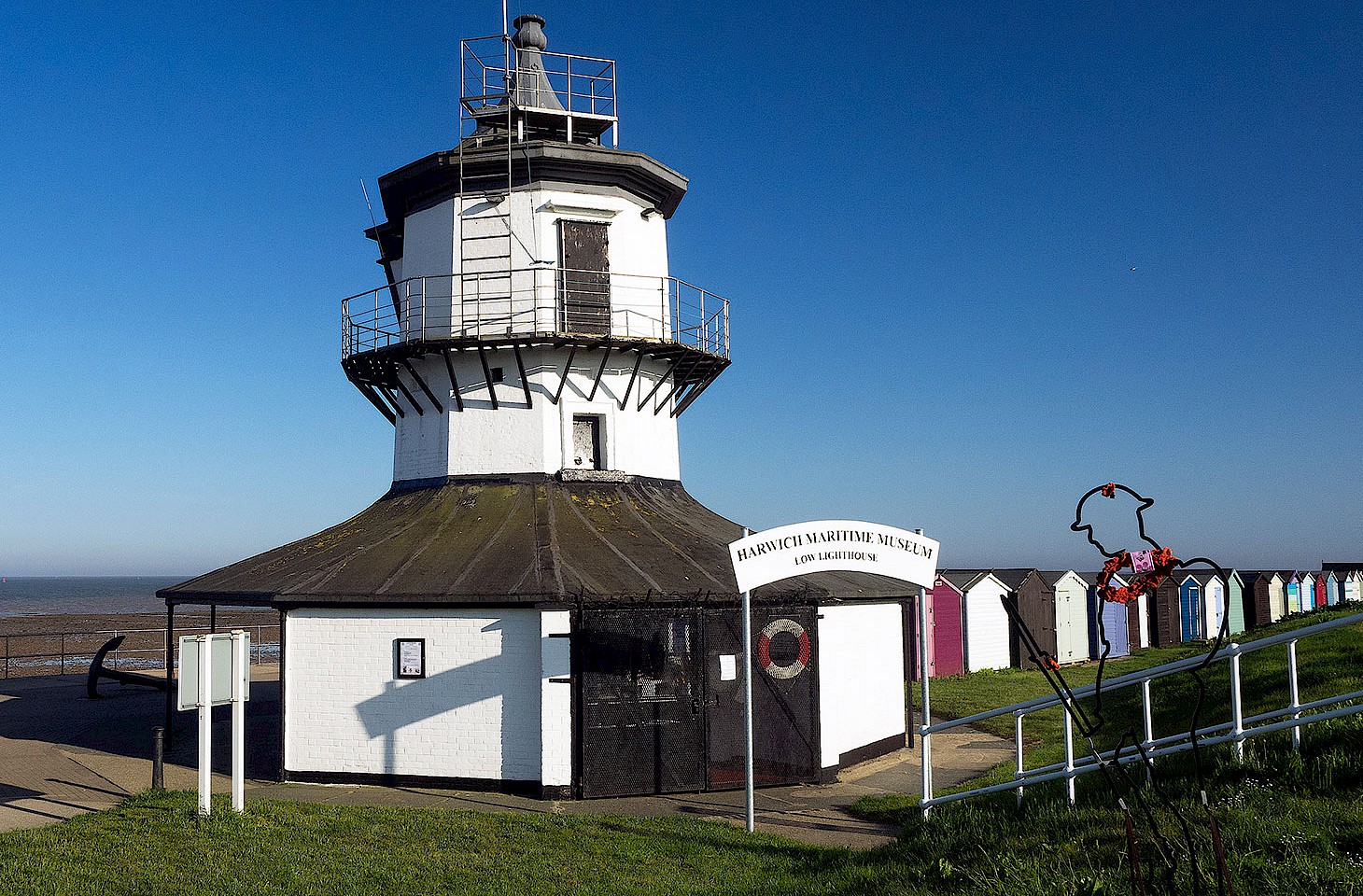The parish of Hartland in south-west England (featured in the article above) has always been characterised by its remoteness. Served by just two bus routes and no railway, Hartland feels like the end of the world. But Hartland once enjoyed good connections by sea. With the growth in seaborne trade in the late Elizabethan and Jacobean period, Hartland was one of several West Country communities that developed thriving ports. Hartland Quay dates from this period, as does the pier at nearby Clovelly.
The small port allowed Hartland to export corn and bring in coal, limestone and slate. A fishery and seal skin trade developed. By the start of the Victorian period, a dozen ships were based at Hartland Quay and the port had its own coastguard officers intent on preventing smuggling.




